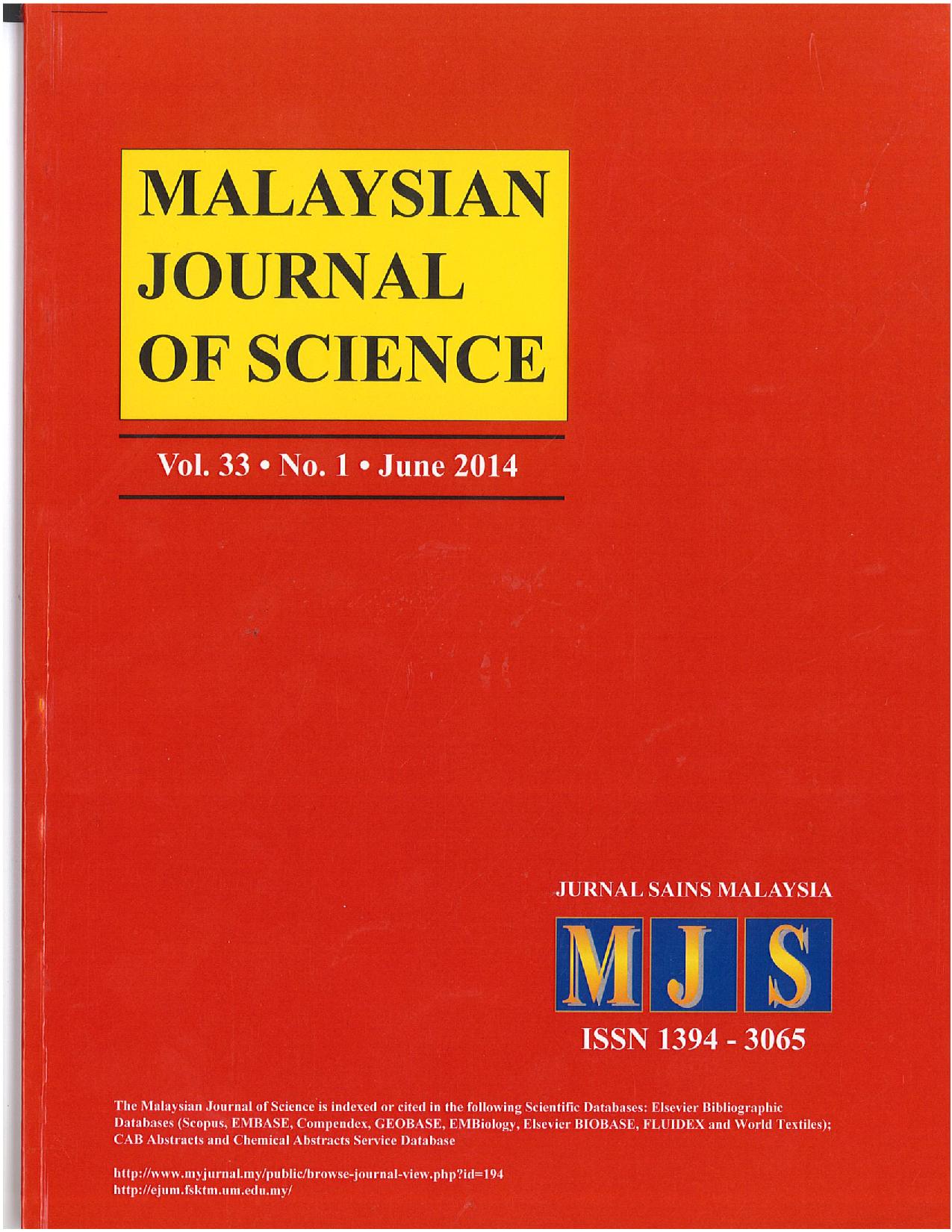ROLE OF MICRO ORGANISMS IN TEMPLE WASTES MANAGEMENT ASSISTED BY EUDRILLUS EUGENIA
Main Article Content
Abstract
The increasing solid waste generation rates and their high collection cost were some of the major problems in India. This paper deals with the effective management of Temple wastes. The temple waste consists of coconut, leaves, flowers, fruits etc which are of biodegradable in nature.It also includes milk products, grains and water, which could facilitate the growth of microorganisms. Such biodegradable temple wastes are released as such into the water bodies (or) dumped haphazardly which causes environmental pollution. Recycling of such temple waste is performed through vermitechnology employing Eisenia fetida. Three types of waste were prepared. They were as follows: TA (control), TB (Temple waste+ Cow dung), TC (Temple waste+ Cowdung+ Microbial inoculum) in different proportions in the 1 kg capacity Reactor vessels. The physic chemical parameters like pH, Electrical Conductivity, Total Kjeldahl nitrogen, Total Organic Carbon, Total Organic Matter and Carbon-Nitrogen ratio and phosphorus were tested in the vermicompost. Bacterial strains isolated from vermicompost and identified and are used as an inoculum to check whether they could enhance the rate of degradation. The impact of the prepared vermicompost on chick pea seed germination was also studied. These studies showed a significant growth in terms of length and height of the plant with TC vermicompost when compared to TA and TB vermicompost. Thus, it is concluded that the vermicomposting supplemented with the bacterial cultures is comparatively efficient technology for the effective management of the temple waste in an eco friendly manner. Keywords: Vermicompost, Temple waste, Eisenia fetida, Chick pea.
Downloads
Article Details
Transfer of Copyrights
- In the event of publication of the manuscript entitled [INSERT MANUSCRIPT TITLE AND REF NO.] in the Malaysian Journal of Science, I hereby transfer copyrights of the manuscript title, abstract and contents to the Malaysian Journal of Science and the Faculty of Science, University of Malaya (as the publisher) for the full legal term of copyright and any renewals thereof throughout the world in any format, and any media for communication.
Conditions of Publication
- I hereby state that this manuscript to be published is an original work, unpublished in any form prior and I have obtained the necessary permission for the reproduction (or am the owner) of any images, illustrations, tables, charts, figures, maps, photographs and other visual materials of whom the copyrights is owned by a third party.
- This manuscript contains no statements that are contradictory to the relevant local and international laws or that infringes on the rights of others.
- I agree to indemnify the Malaysian Journal of Science and the Faculty of Science, University of Malaya (as the publisher) in the event of any claims that arise in regards to the above conditions and assume full liability on the published manuscript.
Reviewer’s Responsibilities
- Reviewers must treat the manuscripts received for reviewing process as confidential. It must not be shown or discussed with others without the authorization from the editor of MJS.
- Reviewers assigned must not have conflicts of interest with respect to the original work, the authors of the article or the research funding.
- Reviewers should judge or evaluate the manuscripts objective as possible. The feedback from the reviewers should be express clearly with supporting arguments.
- If the assigned reviewer considers themselves not able to complete the review of the manuscript, they must communicate with the editor, so that the manuscript could be sent to another suitable reviewer.
Copyright: Rights of the Author(s)
- Effective 2007, it will become the policy of the Malaysian Journal of Science (published by the Faculty of Science, University of Malaya) to obtain copyrights of all manuscripts published. This is to facilitate:
(a) Protection against copyright infringement of the manuscript through copyright breaches or piracy.
(b) Timely handling of reproduction requests from authorized third parties that are addressed directly to the Faculty of Science, University of Malaya. - As the author, you may publish the fore-mentioned manuscript, whole or any part thereof, provided acknowledgement regarding copyright notice and reference to first publication in the Malaysian Journal of Science and Faculty of Science, University of Malaya (as the publishers) are given.
You may produce copies of your manuscript, whole or any part thereof, for teaching purposes or to be provided, on individual basis, to fellow researchers. - You may include the fore-mentioned manuscript, whole or any part thereof, electronically on a secure network at your affiliated institution, provided acknowledgement regarding copyright notice and reference to first publication in the Malaysian Journal of Science and Faculty of Science, University of Malaya (as the publishers) are given.
- You may include the fore-mentioned manuscript, whole or any part thereof, on the World Wide Web, provided acknowledgement regarding copyright notice and reference to first publication in the Malaysian Journal of Science and Faculty of Science, University of Malaya (as the publishers) are given.
- In the event that your manuscript, whole or any part thereof, has been requested to be reproduced, for any purpose or in any form approved by the Malaysian Journal of Science and Faculty of Science, University of Malaya (as the publishers), you will be informed. It is requested that any changes to your contact details (especially e-mail addresses) are made known.
Copyright: Role and responsibility of the Author(s)
- In the event of the manuscript to be published in the Malaysian Journal of Science contains materials copyrighted to others prior, it is the responsibility of current author(s) to obtain written permission from the copyright owner or owners.
- This written permission should be submitted with the proof-copy of the manuscript to be published in the Malaysian Journal of Science
